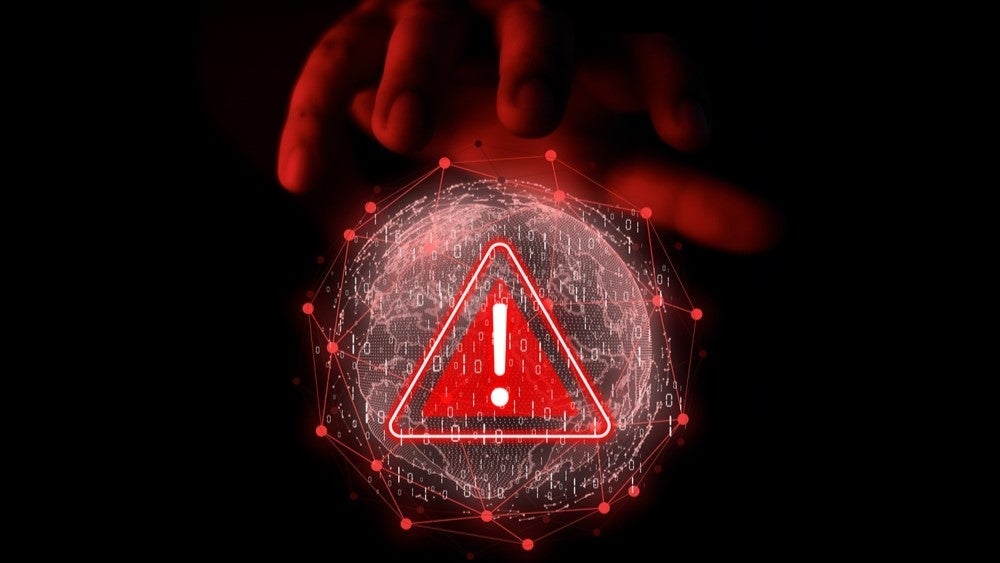An analysis of cybersecurity themes typically focuses on threats: ransomware, supply chain, and insider attacks. But what could be undermining the fight against attackers the most is probably the most underreported concern: burnout!
Scarcely a week goes by without a newspaper, TV, or radio item concentrating on mental health worries—for students, construction workers, and last weekend, footballers. But there have been comparatively few discussions on the mental—and indeed, physical—well-being of cybersecurity teams, who are at risk of exceeding their breaking point. The ongoing cyber skills crisis does not help. The inability to easily recruit extra cyber resources means there is no let-up for the current teams.
The human cost of cyberattacks
The issue has been highlighted by a Mimecast survey, which found that stress and burnout are having a massive impact on cybersecurity teams, leaving people and businesses at risk of increased attacks. The study, of 1,100 cybersecurity professionals, found that a third are considering leaving their role in the next two years due to stress and burnout.
According to Mimecast, the human costs of cyberattacks include:
- Waning confidence: Confidence that security teams can maintain essential email continuity with no disruption following a ransomware attack, for example, has fallen.
- Mounting stress: Over half (56%) of respondents said their work stress increases every year.
- Mental health: Almost the same number (54%) reported a negative impact on their mental health.
- Absenteeism: One-third said that their teams have experienced an increased number of employee absences following an attack.
- Staffing issues: About one-third also have trouble recruiting essential IT staff after an attack.
- Resignations: One-third of respondents are thinking of resigning within the next two years due to stress and burnout.
A vicious circle
Mimecast found that close to two-thirds (64%) of cybersecurity leaders polled said they had experienced at least one ransomware attack in the past year. 77% said the number of cyberattacks targeting their company had either increased or stayed the same since 2021.
A third of teams reported an increased number of burnout-related absences following an attack. 34% of cybersecurity leaders also reported difficulties in recruiting IT staff once an attack has taken place, making it even more difficult for organizations to prevent incidents in the future: a vicious circle.
How well do you really know your competitors?
Access the most comprehensive Company Profiles on the market, powered by GlobalData. Save hours of research. Gain competitive edge.

Thank you!
Your download email will arrive shortly
Not ready to buy yet? Download a free sample
We are confident about the unique quality of our Company Profiles. However, we want you to make the most beneficial decision for your business, so we offer a free sample that you can download by submitting the below form
By GlobalDataMeanwhile, media curiosity is only making things worse. 53% of leaders surveyed by Mimecast found that growing press coverage of ransomware attacks is upping the ante on already close-to-frazzled cyber teams. This has led to cybersecurity teams facing ongoing attacks, disruption, and burnout that is making it even more difficult to attract and retain much-needed cybersecurity professionals to help keep businesses secure.
What is the solution for cybersecurity?
Faced with cyberattacks that are getting ever more sophisticated—wider offensive use of artificial intelligence (AI) is a further concern for defenders—there are no easy solutions.
Mimecast has highlighted a need for improved systems and more awareness training. Almost half of the cybersecurity leaders polled (46%) said they need more up-to-date security systems, while a similar number wanted better IT security awareness training for end-users and employees.
A recent opinion piece on the mental health issue facing cyber teams pointed to two useful resources, including a ‘psybersecurity clinic’, an educational resource discussing the junction of psychiatry and cybersecurity. Ultimately, better cybersecurity awareness, together with the wider defensive use of AI, may go some way to taking the pressure off hard-pressed cyber teams. Every suspicious email spotted; every phishing alert flagged by a cyber-aware workforce is one less incident for those cyber teams to tackle. After all, forewarned is forearmed.








Related Company Profiles
Mimecast Ltd